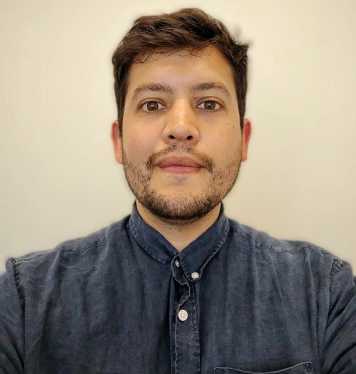Nicolás Palacios joins the SPUR team as a PhD candidate
On June 1st, Nicolás Palacios (*1991) joined the Chair of Spatial Development and Urban Policy (SPUR) of Prof. Dr. David Kaufmann at ETH Zürich.

He is a researcher on the intersections of politics, urban studies and social inequality, with a strong focus on the built environment and its influence in social urban practices. He recently finished editing the publication “Pandemic Resilient Cities”, addressing from different academic perspectives the effects and intersections of the ongoing pandemic in different social and material urban issues.
Nicolás has also been involved in a variety of research projects since 2013, both at undergraduate and graduate level, being his latest academic position at Lund University’s Political Science Department under the direction of Professor Johannes Lindvall, contributing towards the project Policing, schooling, and health care in comparative and Political Perspective.
He has worked as research assistant in several international and Chilean state funded projects spanning from topics such as segregation in the Chilean housing market, the political processes behind spatial class distribution in Santiago, as well as projects engaging with the territorial reach of the state and how this is contested in different Latin-American settings.
At SPUR, within other endeavors, Nicolás will be working on the project “Essential Urban Infrastructure Workers”, first developing a theoretical framework to understand the essential aspects of labor and workers in urban dynamics, and subsequently engaging with policy questions concerning material and social needs associated to them.
Nicolás also holds a MSc. in Human Geography from Lund University (Sweden), and a Bachelor´s degree in Political Science with a Minor in Urban and Regional Planning from the Pontifical Catholic University of Chile. He has previously work in a diverse arrange of institutions, contributing mostly in the areas of research and education, both in the public and private sectors.